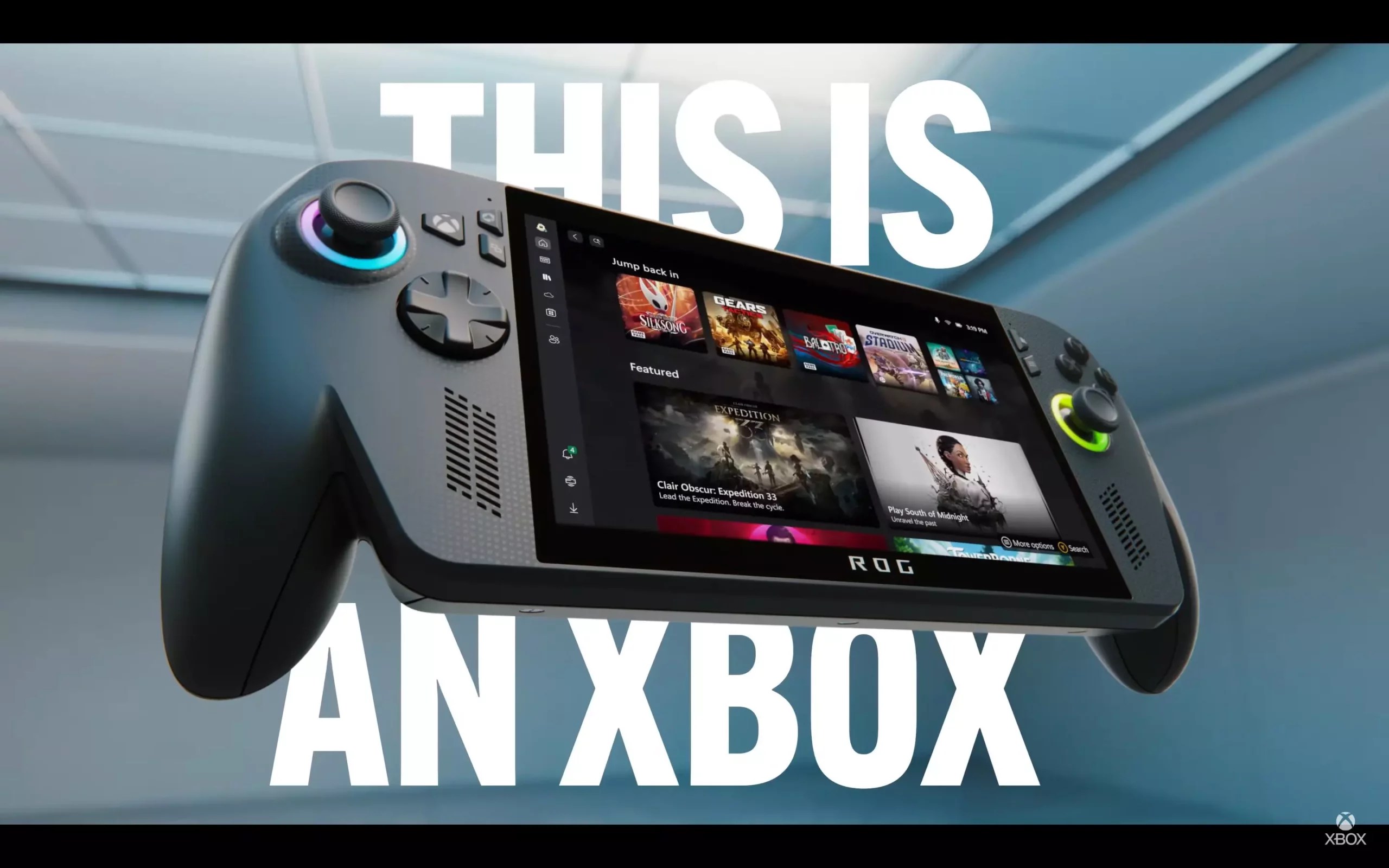In a shocking yet exhilarating move, Microsoft and Asus have announced a collaboration to create an Xbox handheld gaming experience like no other. This partnership aims to deliver two distinct models—the ROG Xbox Ally X and the ROG Xbox Ally—bundled with true Xbox functionality and a promise of high-performance gaming. This is an exciting narrative, one that could redefine how we perceive both handheld and console gaming as we know it. However, one cannot help but be critical of how this development unfolds in the ever-growing gaming landscape.
Hardware and Performance: A Double-Edged Sword
At the heart of this innovation lies the hardware—most notably, the Z2 Extreme chip which boasts a staggering 16 RDNA 3.5 GPU cores alongside 8 Zen 5 CPU cores. For gaming enthusiasts, this could mean performance akin to the more robust console experiences, albeit in a compact format. However, contrasting this powerhouse is the Z2 A, which operates on older technology with just 8 RDNA 2 cores and 4 Zen 2 CPU cores. One must question, will this disparity in performance lead to a fragmented user experience depending on the model chosen? If the Z2 A doesn’t come at a significantly reduced price compared to the Steam Deck, it risks becoming little more than an overpriced entry-level option.
This scenario raises eyebrows: is Microsoft truly leveraging innovation, or is it merely repackaging dated technology to squeeze into a fashionable casing? For those waiting longingly for an affordable handheld, the stakes couldn’t be higher. The risk of the Z2 A not sufficiently differentiating itself from existing alternatives looms large as consumers ponder their next gaming investments.
Windows 11: A Game-Changer or a Hurdle?
One exciting development is the introduction of Windows 11 on these devices, effectively turning each handheld into a miniature gaming PC. This offers full access to multiple game platforms, including Steam and Epic Games, catering to a vast library that PC gamers pride themselves on. But herein lies the paradox: each handheld’s identity as an ‘Xbox’ starts to blur when it essentially operates as a traditional Windows PC.
Is Microsoft merely attempting to capitalize on the nostalgic branding of Xbox while feeding gamers the familiar experience of a PC? While this does present an enticing option for gamers who love an expansive collection, it raises a crucial question: can one truly replace the iconic console identity with mere cosmetic changes? The reality that an Xbox could ultimately serve as just another Windows machine brings the label into question, leaving many dedicated Xbox fans feeling disenchanted.
The Competitive Landscape: Who Will Prevail?
As the gaming world eagerly anticipates the launch scheduled for “holiday 2025,” speculation surrounding these devices continues to grow. It seems, however, that Microsoft’s ambition to carve out a larger share of the handheld market is met with skepticism. Competing against SteamOS and its recent success with the Lenovo Legion Go S raises the stakes—Microsoft needs to prove that its rendition of Windows is preferable for handheld gaming.
Another significant player is Valve, whose SteamOS has virtually become the gold standard for streamlined gaming on handheld platforms. Microsoft’s new Xbox UI could serve to create a more cohesive experience tailored for handheld use, but this raises a precarious question: will it be enough? In a market swamped with options, the ROG Xbox Ally must distinguish itself not just in power, but in user experience—otherwise, it risks being just another niche gadget in a sea of mediocrity.
The Future: Optimism and Caution
It remains to be seen whether these handhelds will champion the tide of a new generation of gaming. Questions abound regarding pricing, usability, and real-world performance. Will gamers find that the fantasy of “an Xbox you can hold in your hands” lives up to its promise, or will they be left holding yet another technological white elephant? As we navigate through this wave of anticipation and uncertainty, one truth is undeniable: the push towards hand-held console performance can propel gaming into uncharted territories, but only if it recognizes the distinct needs and desires of gamers at its core.


Leave a Reply